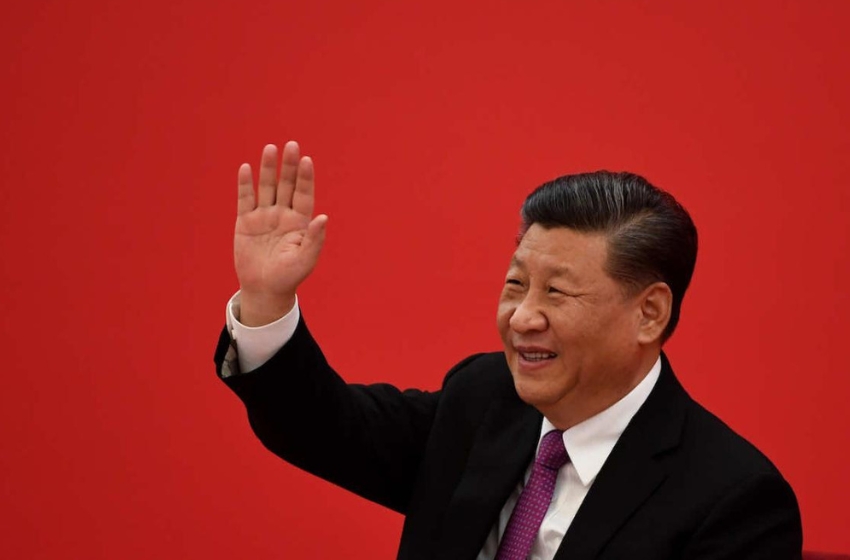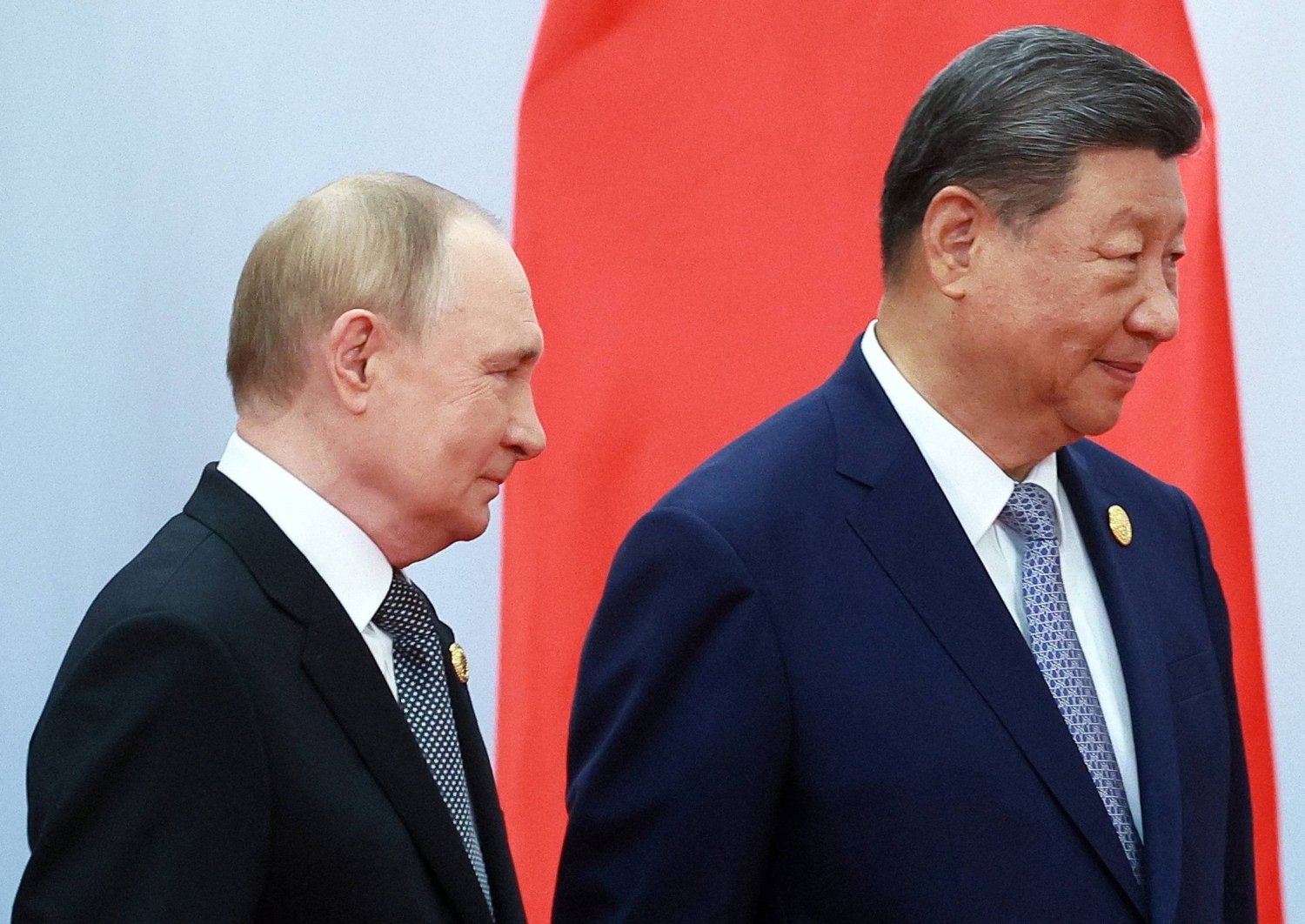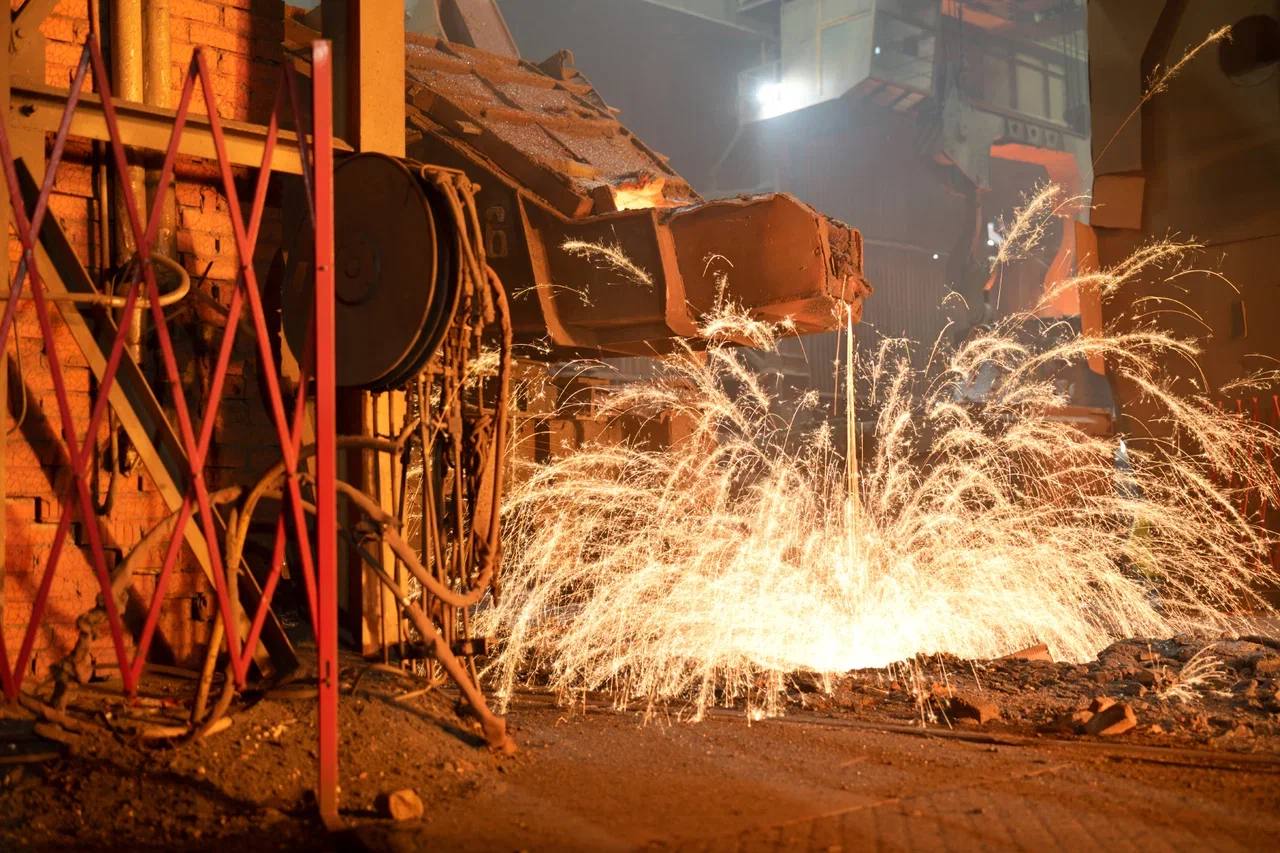The Russian Foreign Intelligence Service (SVR) has reportedly spread disinformation about the health of China’s President Xi Jinping to influence domestic political processes and accelerate the leadership transition in Russia, according to the Robert Lansing Institute (RLI).
Sources indicate that the SVR prepared an internal report claiming that Xi Jinping’s health is allegedly deteriorating and that he might step back from active leadership of China as early as April next year. The report suggested that a possible leadership change in Beijing would create favorable conditions for completing Russia’s political transition, as China would not interfere in the process.
The authors of the analysis emphasize that these claims have no factual basis and represent an information operation aimed at a domestic audience — specifically Russian officials and elites. The goal of this campaign is to persuade the Kremlin’s political circle of the need to accelerate the transfer of power. Similar operations were reportedly observed earlier, including in summer 2025, when comparable narratives were spread through the same channels.
RLI experts note that disinformation about Xi Jinping could also be used for foreign policy leverage — for example, as a communication tool with Washington to extract certain concessions from the U.S. However, the most likely motive is the Kremlin’s inner circle seeking to control the process of Russia’s future leadership transition.
Analysts point out that similar tactics were used in 2020–2021, when information about Vladimir Putin’s health was circulated through anonymous sources. Repeating this method now, with a focus on the Chinese leader, indicates an internal power struggle and resembles an attempt at a covert palace coup.
RLI also notes that rumors about Xi Jinping’s health, widely circulated in foreign media and social networks, have no verified basis. A fact-check conducted by Reuters showed that published photos and reports of the Chinese leader suffering a stroke were false. Despite the lack of evidence, analysts say the Kremlin uses such speculation to shape perceptions of external threats and strengthen internal control over the political transition process.





















